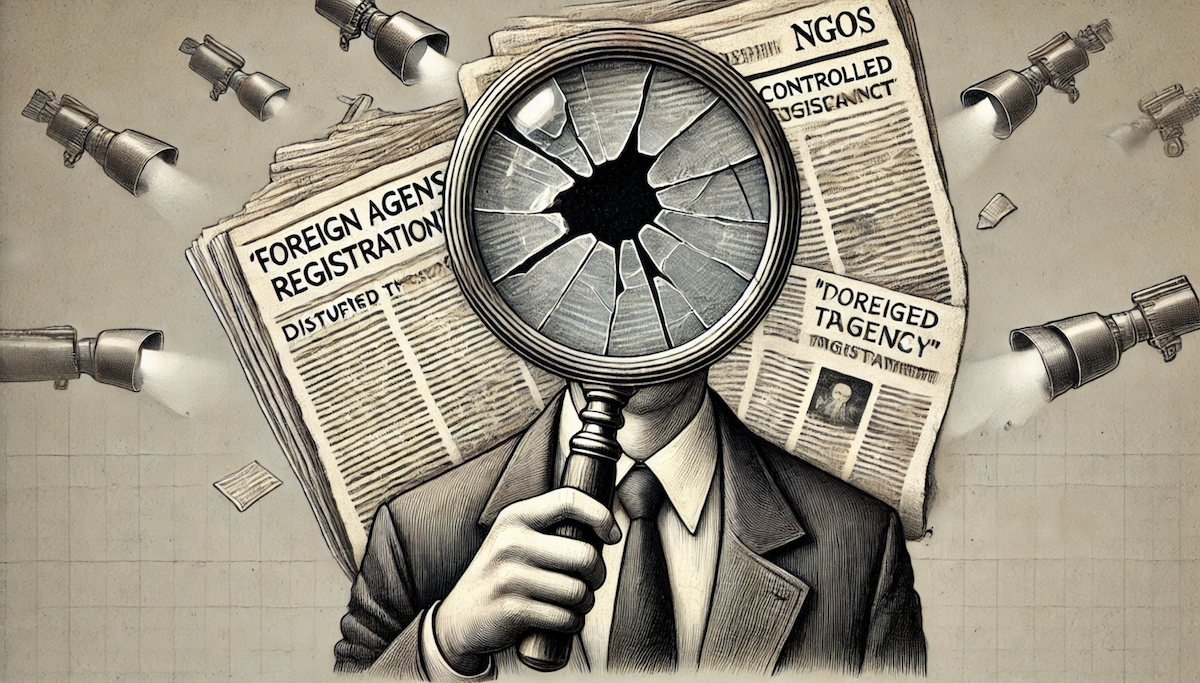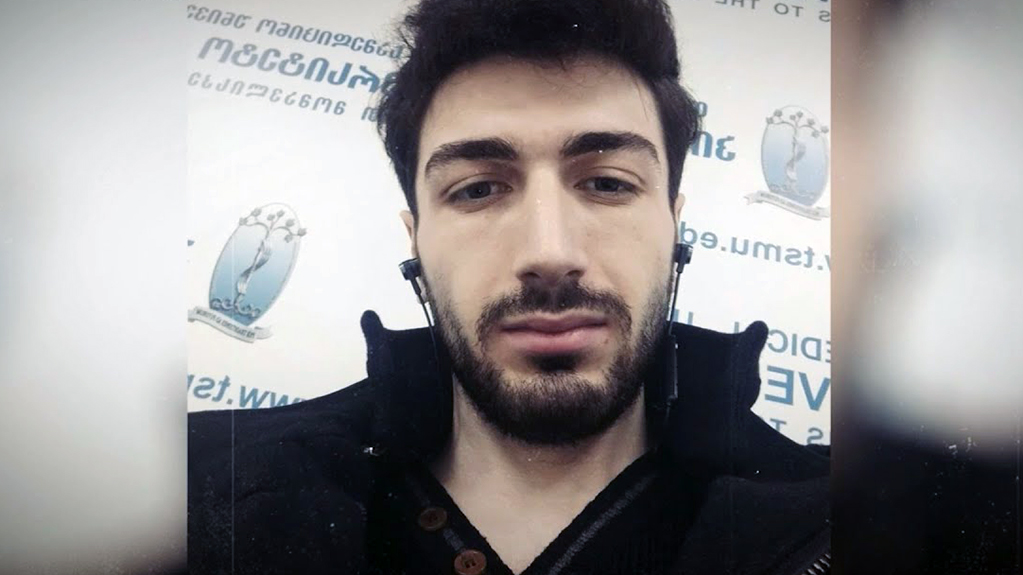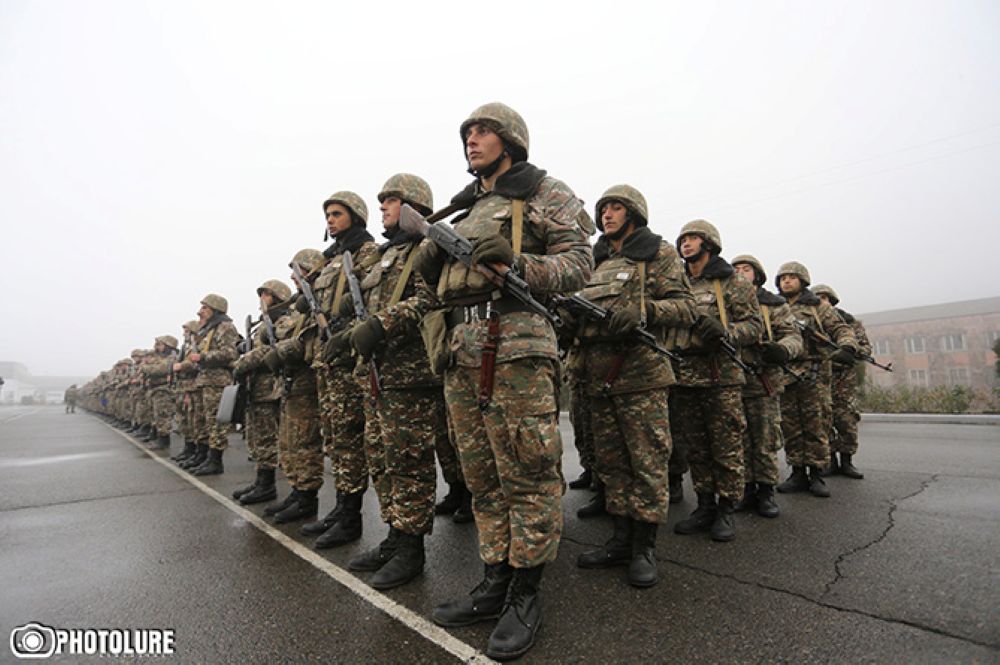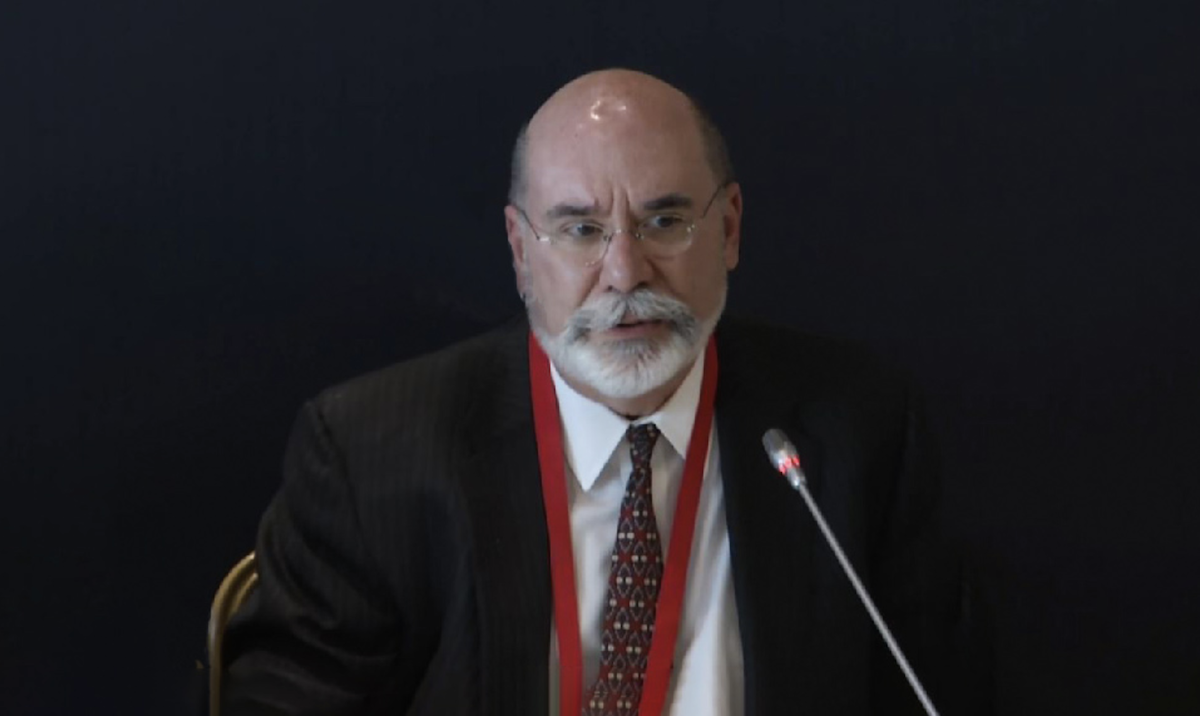What does Georgia's new grant law entail?
What’s in Georgia’s new grant law?
In April 2025, the Georgian parliament passed a new law in fast-track mode that bans the issuance of foreign grants in the country without government approval. This means that if any foundation or organisation — for example, the European Union or the United Nations — wishes to support a Georgian NGO, it must first obtain official authorisation from the state.
The changes directly affect organisations working in the fields of human rights, anti-corruption, service provision, and government accountability. Following the legislative amendments, the continued operation of many such organisations will become virtually impossible.
Experts argue that the amendments to the Law on Grants are not an isolated initiative but rather part of a coordinated trend, already reflected in the “foreign agents” legislation and other repressive measures adopted by Georgian Dream in 2024.
What amendments to law on grants mean
Under the new law, any donor intending to provide a grant to Georgia must request permission from the Georgian Dream government.
To do this, the donor must submit a draft grant agreement to the government’s representative — the Anti-Corruption Bureau. According to the law, this bureau will be responsible for overseeing all grant-related activities.
The draft agreement must include full details: the amount, purpose, and duration of the grant.
The Anti-Corruption Bureau — headed by a director appointed by the Prime Minister — will have up to three months to review the agreement. This period may be extended by another three months if needed. Once reviewed, the bureau will decide whether or not to approve the grant.
If a grant is issued without government approval, the recipient will be fined an amount double the grant’s value.
Powers of Anti-Corruption Bureau
The Anti-Corruption Bureau is authorised to:
- Request a financial report from an organisation if there are “reasonable suspicions” of violating the Grant Law;
- Freeze an organisation’s bank accounts — that is, seize the assets of an individual or organisation, including bank accounts, without court evidence or a judicial decision;
A person whose assets are frozen may appeal the decision, but the appeal does not suspend the freeze. The seizure takes effect immediately and is submitted to court along with a formal protocol. A district or city court must rule within 15 days, with the Court of Appeals also bound to the same 15-day deadline. The appellate court’s ruling is final and cannot be challenged.
During election periods, the process is drastically accelerated: both court instances have a maximum of 48 hours to review the case. In other words, during election season, an organisation could be frozen and effectively shut down within four days based on a Bureau decision.
- Summon individuals for questioning if they “may possess information necessary for the Bureau to oversee the receipt of a prohibited grant”;
- Request any “necessary information”, including personal data, from a state body, individual, legal entity, or “other persons.”
Exceptions: The law does not apply to grants from international sports associations, federations and committees; individual scholarships for secondary or higher education abroad; or research grants.
What legal experts say about the law
- The bill claims to aim at protecting sovereignty and upholding the rule of law. However, in reality, the requirement for state approval is based on the assumption that all foreign funding inherently poses a threat of interference — regardless of its source, amount, or purpose. This approach contradicts the standards of both the Venice Commission and the European Court of Human Rights, which state that foreign funding cannot automatically be considered a threat.
- The law lacks clear criteria for grant approval. There is no definition of the grounds on which the government should approve or reject a grant. This gives the government full discretionary power, increasing the risk of politically motivated or arbitrary decisions.
- According to the standards of the European Court of Human Rights and the UN, any interference in freedom of association must be based on concrete grounds and be strictly necessary in a democratic society — not on hypothetical threats. Legal experts point out that the Georgian Dream law is not based on real risks. The explanatory note includes no risk assessment methodology or examples of threats to state interests.
- The Bureau has the power to summon a person solely on the basis that they might possess relevant information. This creates room for pressure, especially since individuals can be questioned in front of a magistrate judge — just like political party members. As a result, any grant-receiving organisation is effectively treated as a political entity, despite their different nature. The law also introduces even harsher measures: automatic asset seizure, accelerated court deadlines, and double fines.
- Legal experts argue that granting the Bureau power to freeze assets violates basic legal principles, as it goes beyond administrative proceedings and mirrors the logic of criminal enforcement, without providing the necessary safeguards.
- They are especially critical of the extremely short court deadlines, particularly during elections, which leave organisations unable to properly defend themselves. This, they argue, gives the impression that the law’s true aim is to disable key civil society organisations ahead of elections under the court’s formal supervision.
- While grantors are responsible for submitting documents to the government for approval, the recipients bear the financial penalty. Accepting a grant without government approval results in a fine twice the grant amount. This could mean tens or even hundreds of thousands of lari — an unaffordable burden that could shut down an organisation entirely.




















